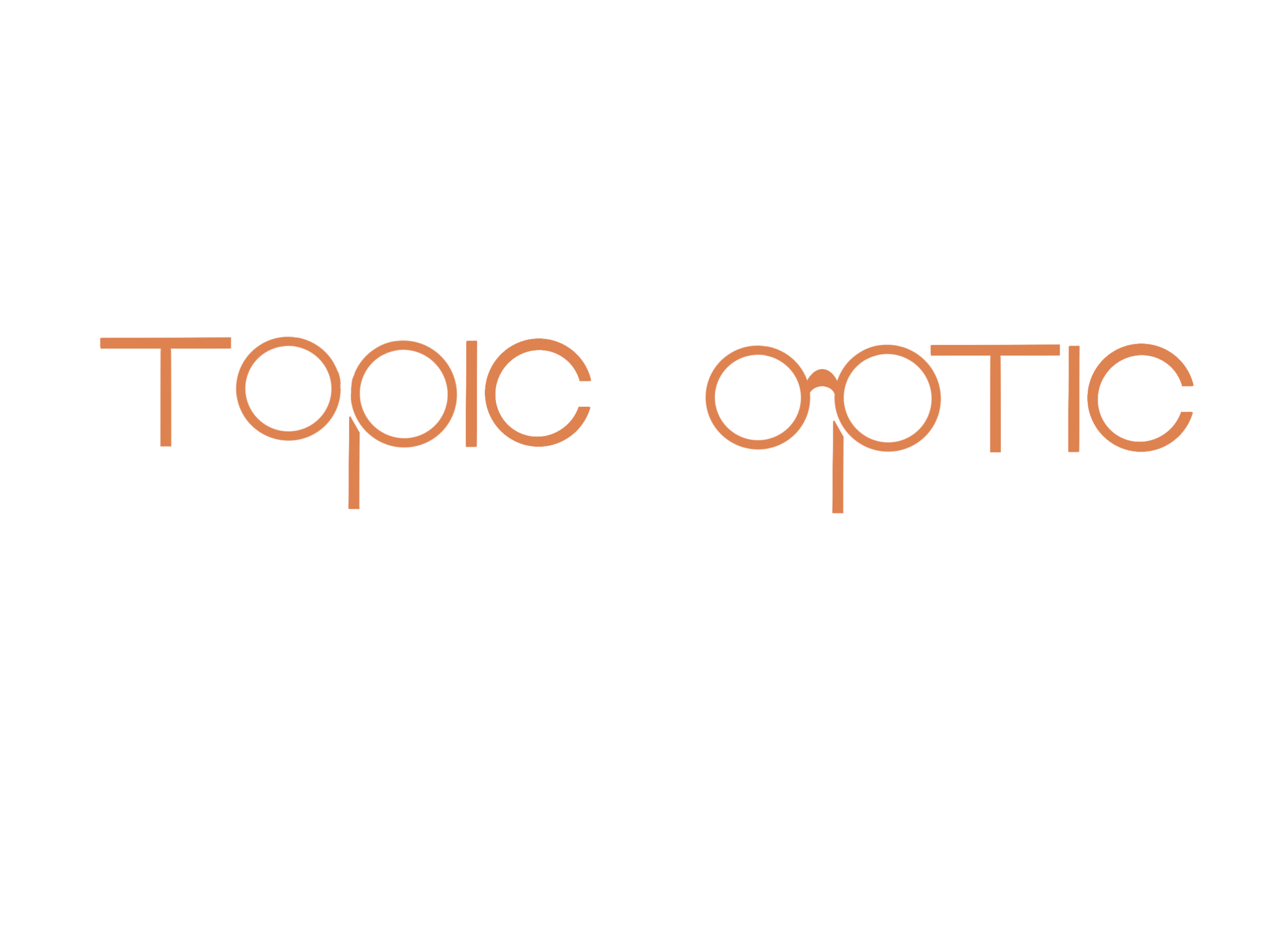Nearsightedness (myopia)
What Is Nearsightedness (Myopia)?
Nearsightedness, known medically as myopia, is a common vision condition in which you can see objects near to you clearly, but objects farther away are blurry. It occurs when the shape of your eye causes light rays to bend (refract) incorrectly, focusing images in front of your retina instead of on your retina.
Symptoms of Nearsightedness:
The primary symptom of myopia is blurred vision when looking at distant objects. Other signs and symptoms of myopia may include:
- Squinting to see more clearly
- Eyestrain, leading to headaches
- Difficulty seeing while driving, especially at night (night myopia)
- Needing to sit closer to the television, screen, or the front of a classroom
- Blinking excessively
- Rubbing the eyes frequently
Treatment for Nearsightedness:
The goal of treating myopia is to improve vision by helping focus light on the retina through refractive correction. Options include:
- Eyeglasses or Contact Lenses: These are the simplest and most common methods for correcting myopia. Your eye care specialist can prescribe lenses that will correct the way light enters your eyes.
- Refractive Surgery: This includes procedures like LASIK (laser-assisted in situ keratomileusis) and PRK (photorefractive keratectomy) which alter the shape of the cornea to achieve clearer vision.
Routine eye exams are important for monitoring myopia and updating prescriptions as needed.
Prevention of Nearsightedness:
While the exact cause of myopia is not entirely understood and it often has a genetic component, certain practices may help reduce its severity or progression, particularly in children:
- Spending more time outdoors during childhood
- Reducing the time spent on near work or screen time
- Using proper lighting
- Taking regular breaks during reading or computer work
Please note that this information is provided for informational purposes only and should not substitute professional medical advice. If you suspect you have any eye-related concerns, it is important to consult with an eye care professional for a proper evaluation and personalized recommendations.
